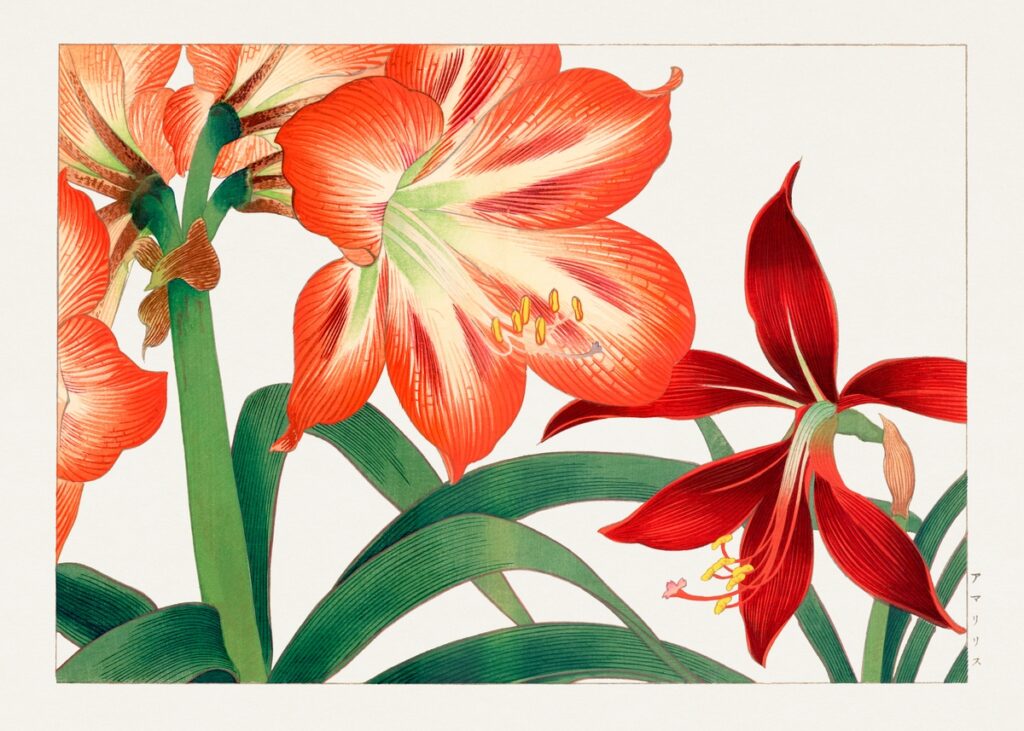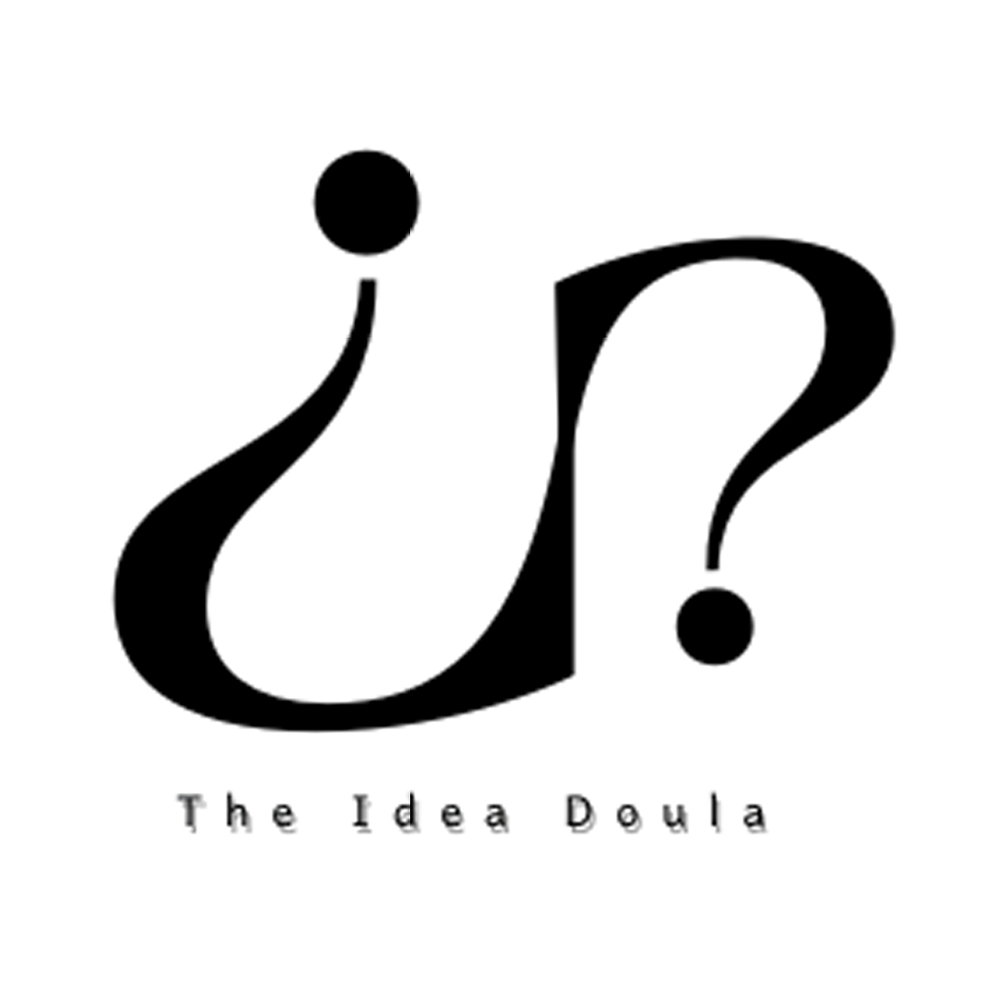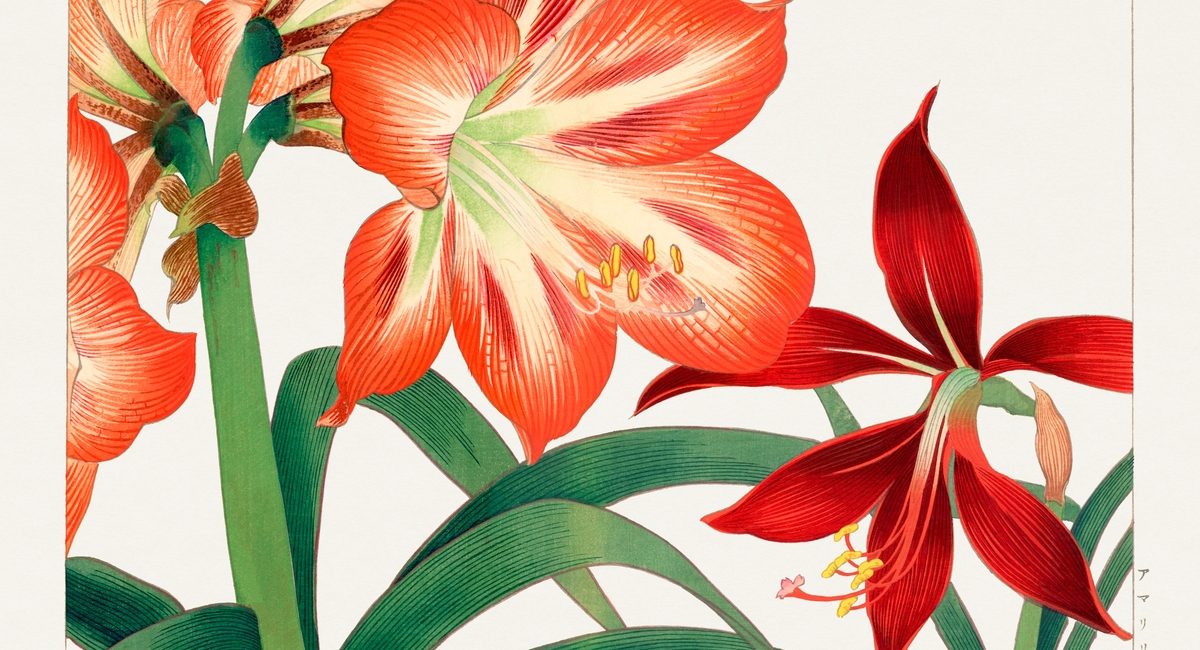The Artist-Creator’s Office (Dispatch No. 15)

By understanding that a plan is a supportive structure to guide a dynamic experience or attempt, the experience of failing is less about “failure” and more about learning. Plans can and do fail; the lack of the perfect plan is not the thing preventing you from experiencing creative growth or establishing a consistent practice. Fear of failure and more concretely, fear of the unknown, is the convoluted treadmill that we choose to run every day in the opposite direction from our dreams.
The adage goes, “Those who fail to plan plan to fail.” What they didn’t tell us is that those who spend far too much time planning don’t even get the chance to succeed. We get stuck in planning limbo because we imagine that a perfect plan will enable us to forgo the tedium of actually doing the work. When we tether our capacity of growth to our ability to anticipate every possible scenario and outcome, we prevent ourselves from experiencing what could be the most authentic aspect of our creativity: our lived experience.
I’ve been alarmed by the propensity towards using AI notetaking tools. While I understand that most people do this in an effort to support their work, not only do these bots make mistakes that could lead to further work required on the part of the people needing support, most people will not go back over these notes. It could also be argued that, the need to go back over notes that one did not write themselves can be double-work as it puts them in the space of needing to recall notes they didn’t make.
As part of my work as a creative support guide, I tend to take notes during sessions to help reflect one’s thought process back to them. These notes are often the most valuable aspect of our time together, not only because of the data they hold, but thanks to my experience as an artist and a guide, I transform this data into valuable information that can direct the following sessions and activities. People are stuck because they are terrified to delve into the living of their lives unless they are assured success or they know exactly how it will go wrong.
If we are interested in furthering our process as artists, it would be beneficial to come to terms with truth: failure and the unknown will exist regardless of the length of your experience or even the previous heights of success you’ve experienced. I know artists, decades deep into their practice, who still hate starting on first drafts. You can look up documentaries and interviews of your favorite celebrity artists who speak on how each project presents a set of unknowns that must be confronted and with and through which they must collaborate. But working beyond failure and into the unknown is pleasurable for the artist-self. Practice is sweetness once you work out the kinks.
So, to hell with plans, right? No, not at all. To hell with perfectionism under the guise of planning. One way I’ve been navigating this has been to shift from to-do lists to time-blocking. As a freelance writer, my time is still often a mess, a living, breathing, flexible mess. But, time-blocking has made it so that my time isn’t aimed at a specific outcome, like: Write the next TACO dispatch (perfectly). Now it looks like these hours are for writing whatever wants to be written during this time: applications, responses to emails, poetry, essays, first and final drafts. Whatever. If this gets finished during this block, wonderful! If it doesn’t, I still did what a writer does: I wrote.
Please share this with a friend to support a writer who writes, or lives trying. When you’re feeling generous, and resourced — buy me a box of coloring pencils.

